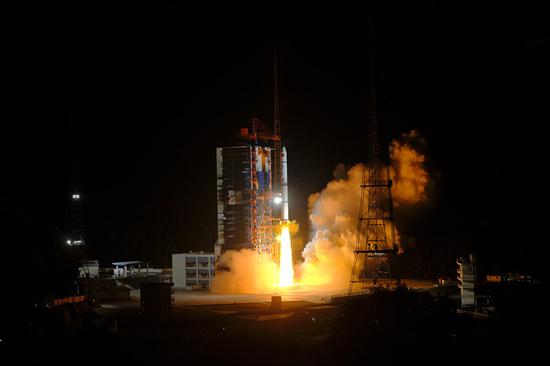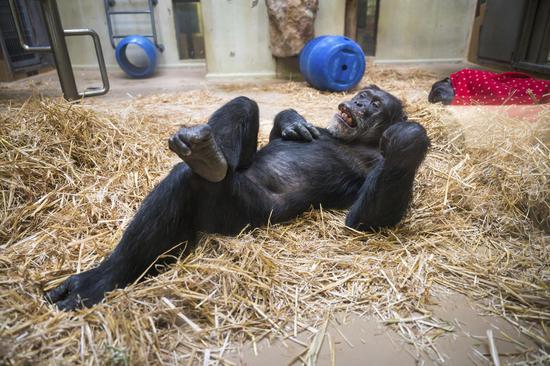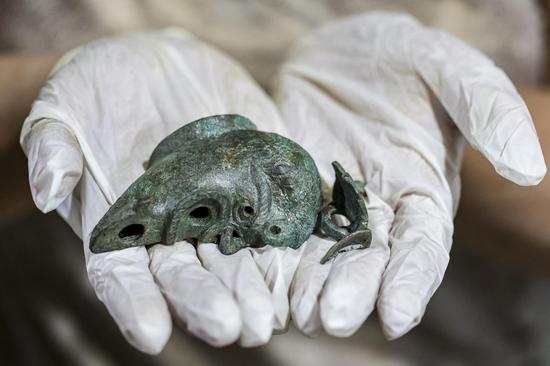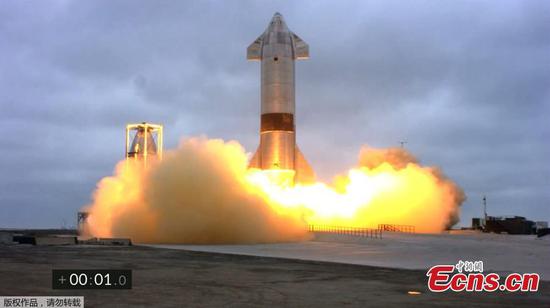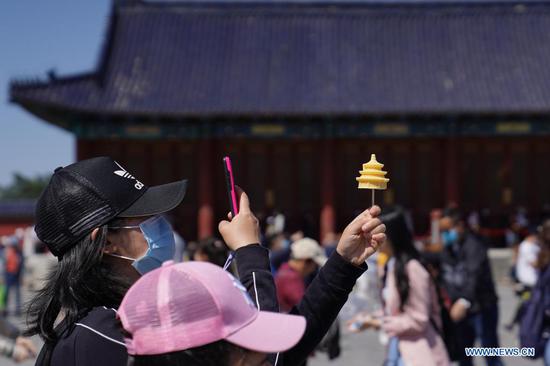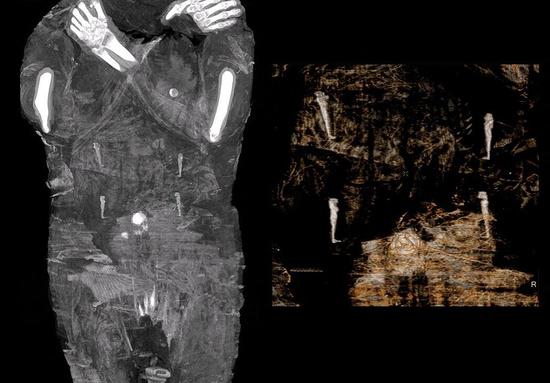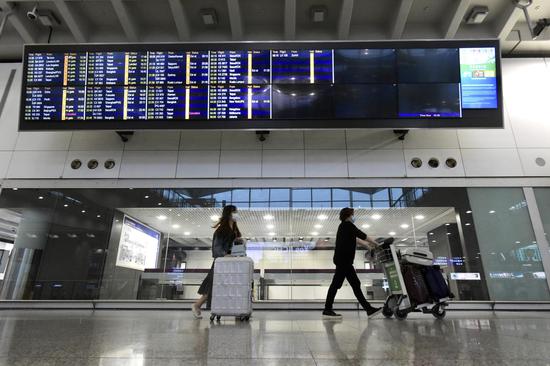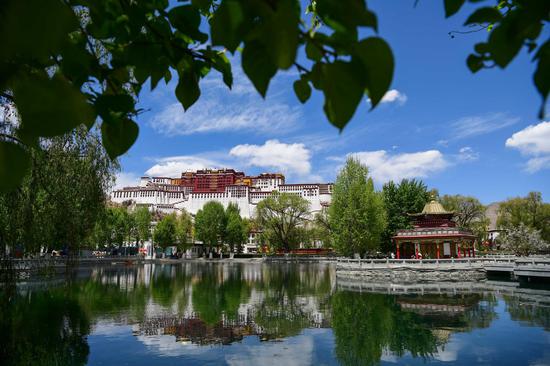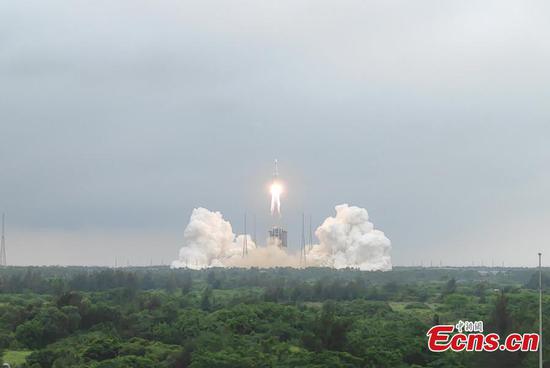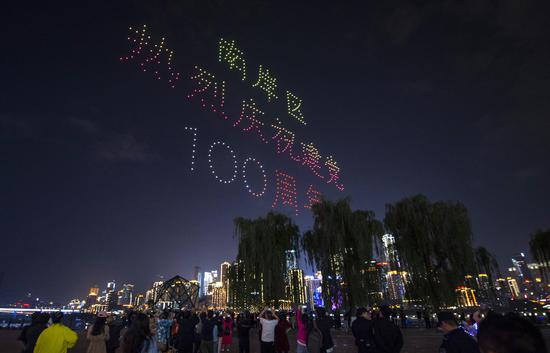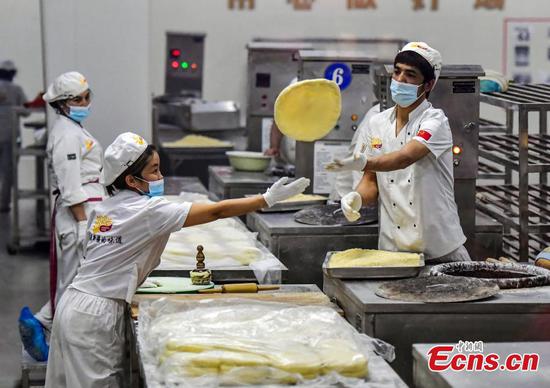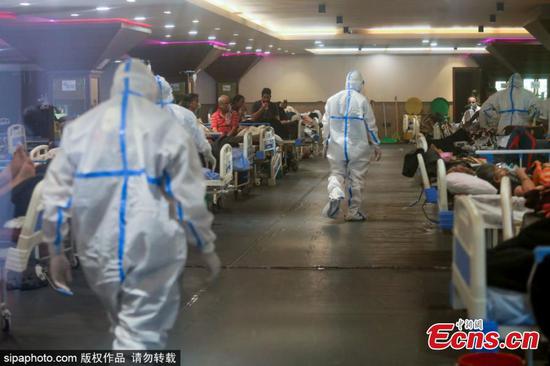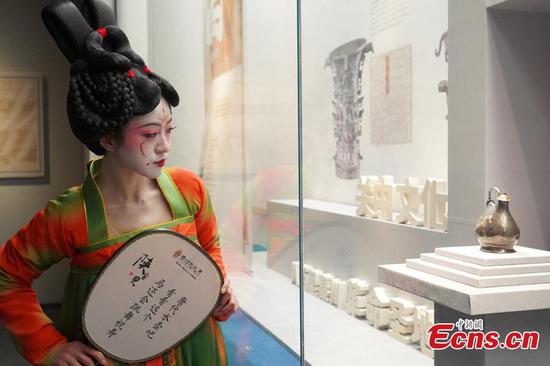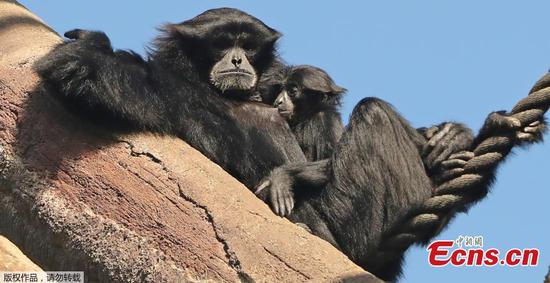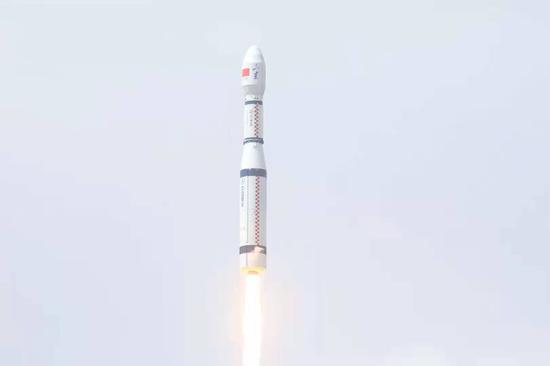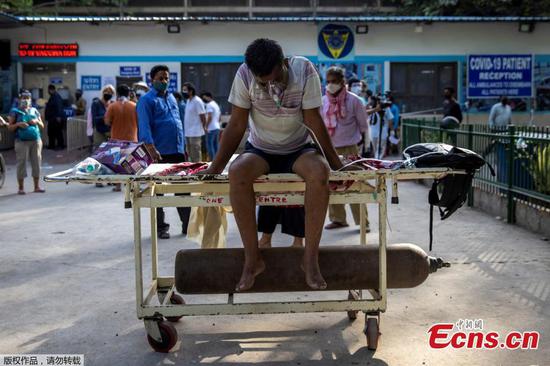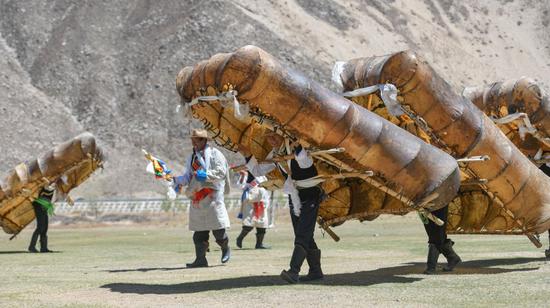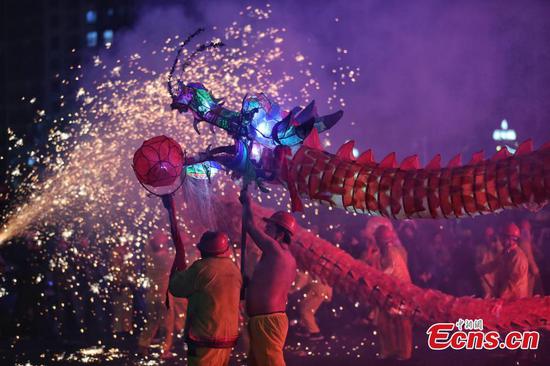
A farmer picks cotton in a field in Hami, Xinjiang Uygur autonomous region, in the fall of 2020. (Photo by Pilates/For chinadaily.com.cn)
How to say no
Experts said it is unlikely that the U.S. and its allies will abandon their efforts to discredit countries, including China, by launching attacks aimed at interfering in their internal affairs.
In response, China and other developing non-Western countries should further raise the alert and push back against such attacks. They should also improve their ability to get their message across to the global community and make it clearer that international justice and their justifiable interests must be championed, analysts said.
Su, the CIIS scholar, said the U.S. and its allies will probably continue attacks on the Xinjiang issue, but they are unlikely to drift away from ideological issues such as human rights.
Niu, the CICIR scholar, said "a faceoff against countries that seek to retain hegemony and advance power politics against the rest of the world" lies behind China's fight against defamation campaigns.
"In future, Washington and its allies may continue attacks from their position of strength, and they believe that they boast advantages in areas such as values, high technology and their alignment," he said.
Yang, from Lanzhou University, said: "Real justice and fairness can never be judged or defined by differences in ideologies. China will not get involved in the expected ideological confrontation sought by Western countries, but will continue to champion global justice."
Western countries may step up attacks on China and could seek to further hype other issues such as Tibet to fuel tension, Yang said.
China should better use social media, including short videos, to make its position known to people in the West and in other developing countries, he said.
During his visit to Saudi Arabia in March, Wang Yi, the foreign minister, said China supports the tenets and principles of the UN Charter and international fairness and justice.
Li, from Ningxia University, said backing for China from Arab countries supports their fight against terror, their efforts to advance deradicalization, international justice and their own interests.
"Countries like China, when targeted by attacks against their internal affairs, could find more opportunities to fight back by attacking the double standards adopted by the U.S. and its Western allies in specific cases," Li said.
"When Washington embarks on a terror fight, it boasts of its legitimacy in cracking down on what it calls 'terrorism' and 'anti-terror'. Yet this may not necessarily be the case when other countries tackle terror," Li added.
Huang, the Chinese Academy of Social Sciences scholar, said that in resolutely hitting back against the U.S. and its allies' attacks on the Xinjiang human rights issue, China "champions national sovereignty and security and frustrates foreign countries' intervention. It is also securing the international order based on the UN Charter, instead of the so-called order and rules set by Western countries.
"A growing number of developing nations, and even some Western countries, have realized that their efforts to safeguard the international order based on the UN Charter-not the rules set by the U.S. and some Western countries-are actually securing their own peace, development and security," Huang said.
Behind the catchy words used to represent the rules set by the U.S. and some of its allies lie their own interests, including maintaining global hegemony-not peace and common development based on treating all countries on an equal footing, Huang said.










